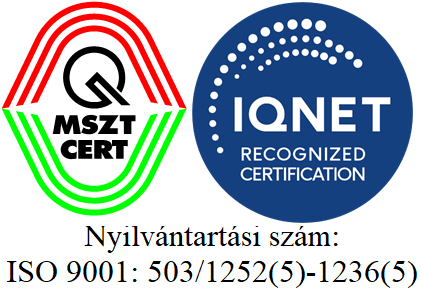News
Regional workshop on Regulatory Control Effectiveness in Energy Market Deregulation
2004.04.06
Approval of the planned activities of the Public Agency for Radioactive Waste Management for 2004
2004.03.23
Favourable results of the geological investigations at Bátaapáti (Üveghuta) site accepted by the authority
2004.02.27



 ©HAEA - All rights reserved
©HAEA - All rights reserved